In the last of our three part series that began last week on Linus Torvalds’ keynote interview at this year’s LinuxCon, Linux’s lead developer talks about everything from up and coming operating systems in IoT to the development process.
“You mentioned the strength of the GPL,” Dirk Hohndel said, by now about twenty minutes into his interview of Linus Torvalds at LinuxCon 2016. “Many new kernels have shown up in the last couple of years, mostly geared towards really small devices, the IoT space: Zephyr by Intel, Fuchsia by Google and a bunch more.”
If you are who you work for now, Dirk Hohndel is VMware’s boy. But at the time of the interview, only a few weeks back, he’d been working as VMware’s chief open source officer for less than a month. For almost fifteen years before that — fourteen years nine months he’s careful to point-out on LinkedIn — he belonged to Intel, where he served as chief Linux and open source technologist. Before that he spent six years at SUSE, where he was CTO when he left in 2001, two years ahead of the Novell brouhaha.
“One of the interesting commonalities is they’re all under BSD or MIT,” he continued. “Do you think they’re interesting and do you think that one of them could grow up and become a competitor for Linux or replace Linux?”
Christine Hall has been a journalist since 1971. In 2001, she began writing a weekly consumer computer column and started covering Linux and FOSS in 2002 after making the switch to GNU/Linux. Follow her on Twitter: @BrideOfLinux

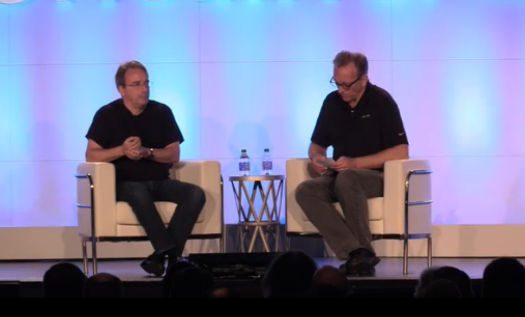
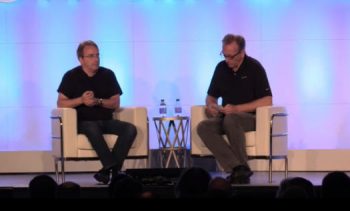
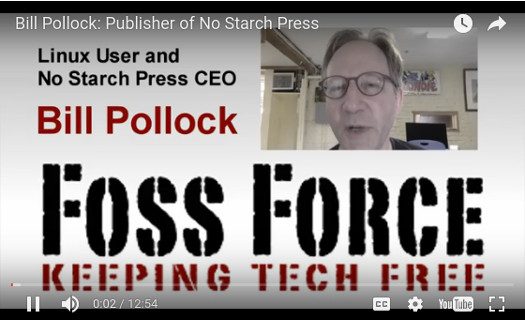
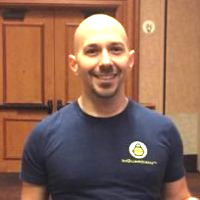
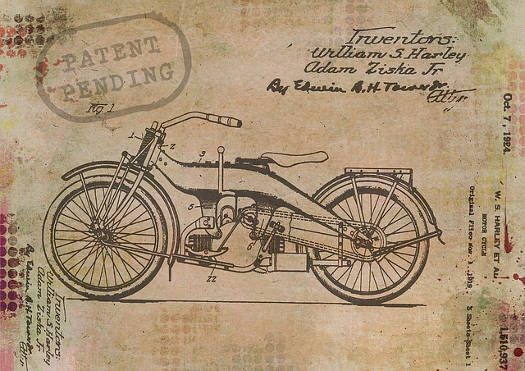
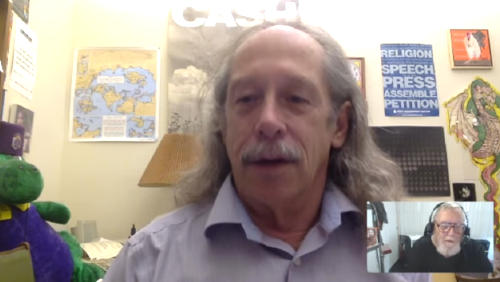


 The meeting came about because Reglue’s booth was right across the aisle from OpenShot’s booth. and their display caught my eye immediately. I’ve worked with many video editing tools over the years, and frankly, I’ve usually ended up paying someone to do the work for me because I found the level of complexity and the learning curve to be insurmountable. So being placed this closely to the OpenShot Studios booth rang out as a golden opportunity, which indeed it was.
The meeting came about because Reglue’s booth was right across the aisle from OpenShot’s booth. and their display caught my eye immediately. I’ve worked with many video editing tools over the years, and frankly, I’ve usually ended up paying someone to do the work for me because I found the level of complexity and the learning curve to be insurmountable. So being placed this closely to the OpenShot Studios booth rang out as a golden opportunity, which indeed it was.